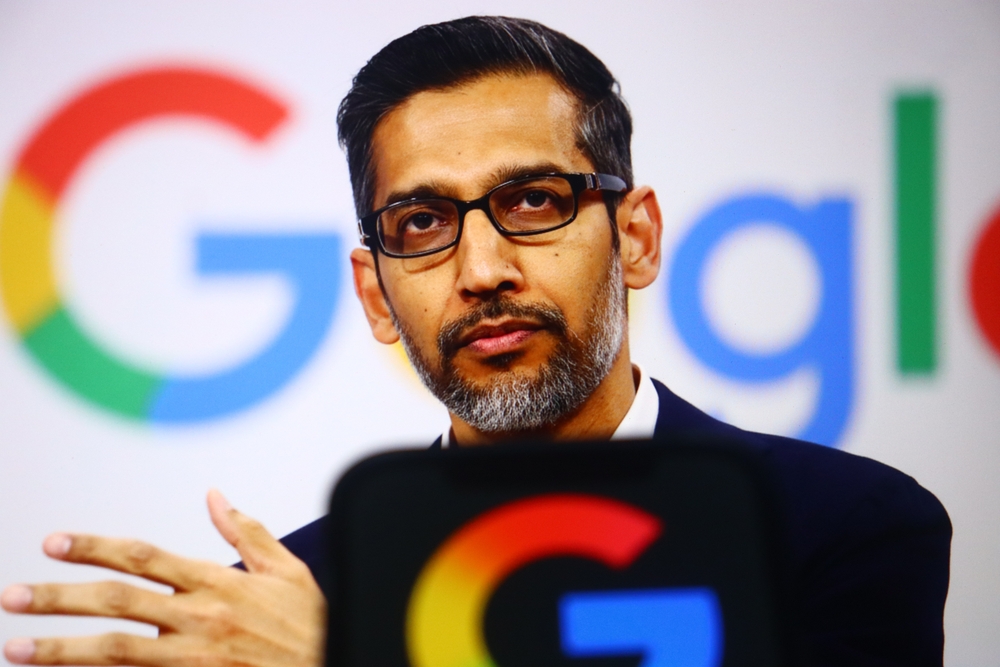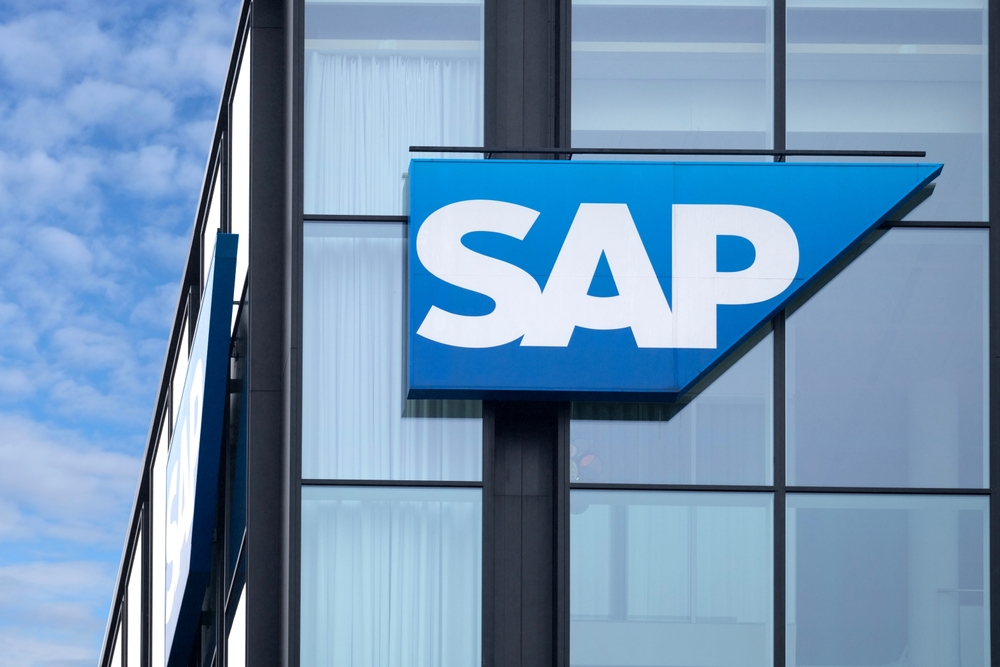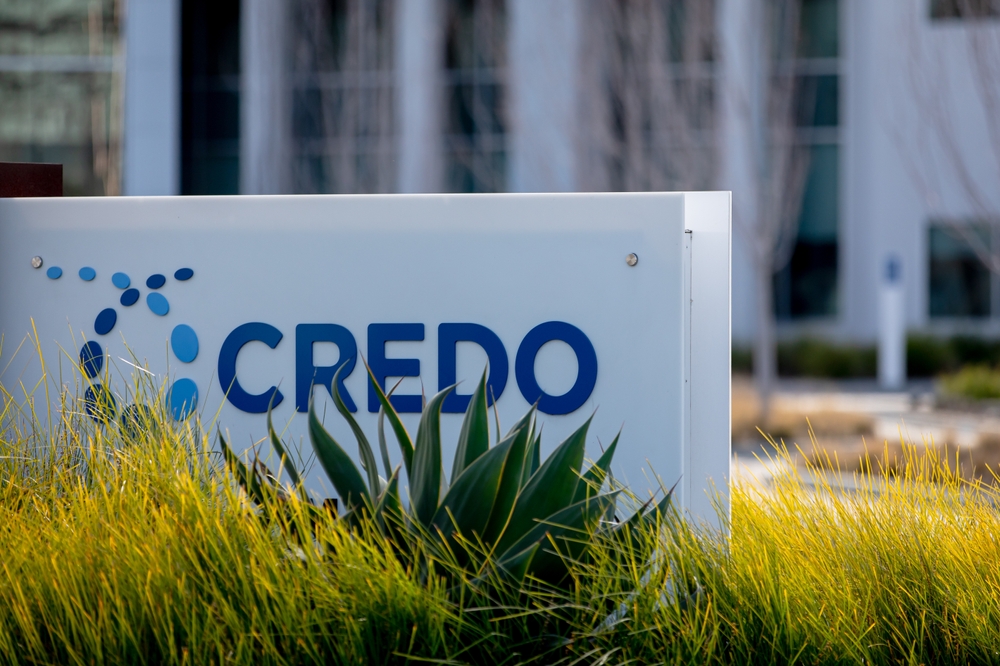
Alphabet Surpasses the $100 Billion Mark: A New Chapter in the Age of Artificial Intelligence
Google’s parent company has, for the first time in its history, surpassed the $100 billion revenue mark. This symbolic milestone clearly confirms its exceptional position among technology giants, with a specific value reaching $102.35 billion. Among other things, it has become clear that growth in the field of AI is no longer just a promise but a stable part of its business.
 English
English
 Slovak
Slovak
 Czech
Czech
 Hungarian
Hungarian
 Italian
Italian
 Polish
Polish

 PREMIUM
PREMIUM




